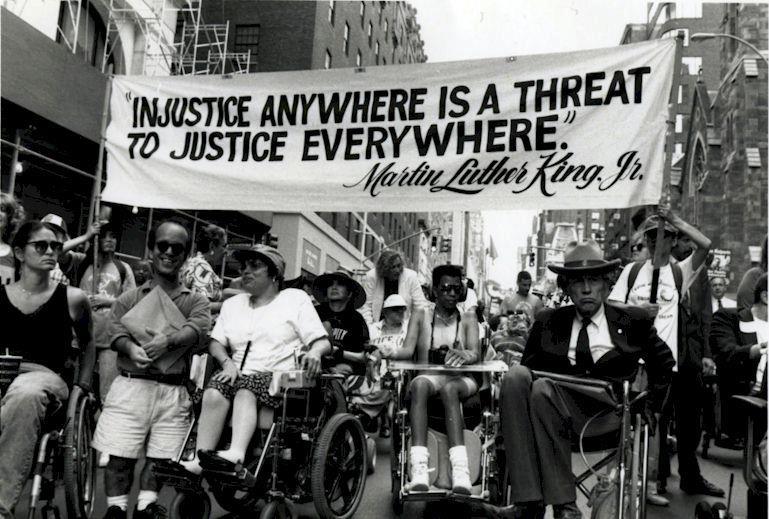After World War I destroyed the Ottoman Empire, why did the British decide to create the new nation of Iraq out of the 3 different Ottoman provinces?
The British divvied up the Ottoman Empire’s holdings and created Iraq out of the three Ottoman “vilayets” (regions) of Mosul, Baghdad and Basra. Why would they do this? If we understood why Iraq was formed, we might could answer why Iraq should remain united or break apart into three states.
Clearly the Brits created a lot of rage by drawing colonial borders all over West Asia, but what I’m asking is, “why did they draw Iraq’s borders the way they did?” Was it just, “hey, this is a good shape!” ????
These are the borders proposed by T.E. Lawrence (Lawrence of Arabia) of new states from the parceling-out of the Ottoman Empire, based on sensibilities Lawrence observed talking to the local populations. This is fascinating to me.
Lawrence has most of Syria and all of Jordan and Saudi Arabia as one state under King Faisal. This makes a lot of sense given tribal patterns.
He has “Irak” defined as the Shi’ite regions of the Mesopotamian Basin, and the Sunni West as a separate state.
It’s entertaining that he puts “?” over central Iraq and a “?” over Kurdistan, lol. He didn’t know what to do with them. The only outright oddity here is a state for Armenians in Southern Turkey. wtf?
But overall Lawrence’s map would make way more sense than the current divisions. Jordan, Syria and Arabia aren’t separated unnecessarily like they are today, Shias in Iraq have their own state, etc.
Lawrence’s proposal was shot down.
My question for historians is this: why were the borders of Iraq we have today chosen vs. Lawrence’s or others? The current boundaries make no sense.
UPDATE: I got a great response from a history professor. This is what she wrote:
Nick — I’m an American historian, but I study empire, so I have some expertise to answer your excellent question. The answer is (and this may strike you as cynical) that the current borders were drawn to create instability that would require sustained British involvement in Iraq. They’d had interests in the area for a long time (Suez Canal was hugely important to the British economy), but had been held in check by the Ottoman Empire. At the end of WWI, with the Ottoman Empire in eclipse, they had the chance to expand influence in Egypt, Saudi Arabia, Palestine, etc and control both the geopolitics and the economy. (Hey, they were very successful imperialists. This is what imperialists do!)
Lawrence’s plan was envisioning self-rule, which is something that the British government did not want to bestow. Their plan (see “imposition of empire game plan, version 53.0”) was to “civilize” and “modernize” the Middle East, slowly apprenticing them to the demands of life in the free capitalist Christian global marketplace and constitutional monarchy rather than sheikdoms. During so-called British Mandate period, the Brits imposed a puppet Haashemite monarchy, gave most of the land to the Sunnis, then proceeded to look for oil). Because few Arabs had the money to invest, the prime investments were purchased by the British and the money directed out of Iraq and back to Bristol, Manchester, and London.
There were also other reasons to keep all the three groups together. The plan was a regional one that would keep the warring groups of Iraq weak and focused on their internal divisions rather than going to war with Saudis, etc.
Did it work? No. Both the Shia and the Kurds fought for independence under the Brits and the Brits bombed them with phosphorous bombs (a chemical weapon — only wrong, apparently, when European or American trops are targeted). In 1941, when Iraqi Petroleum (a British corporation and subsidiary to British Petroleum, I think) interests were threatened, the Brits again shot up Iraq with troops from British India and Jordanian mercenaries. (Their own army was somewhat engaged in WWII.) The monarchy was finally overthrown in 1958 (after the British were forced to give up the Suez Canal in 1956…the post WWII empire fell apart pretty quickly.)
So…that’s the long and short of it. I’m so glad you asked something that I knew something about, as I’ve been reading you lately and really learning a lot. Nice to have something to give in return.
She is right that the British used WMD against Iraq. Winston Churchill wrote about Iraq: “I do not understand this squeamishness about the use of gas. I am strongly in favour of using poison gas against uncivilised tribes.”
What we are coping with today in Iraq are the scars of the British Empire. They set up a fractured amalgam of a country that would, since then, be forced to rely on strongmen to achieve stability. Yet most of the Iraqi bloggers I read want the old (British) borders maintained, they don’t want Iraq redrawn and they don’t want to lose what status they had.
Iraq is changing, and unfortunately, neither the Iraqis nor the new American “managers” can predict how it will turn out.
Nick

